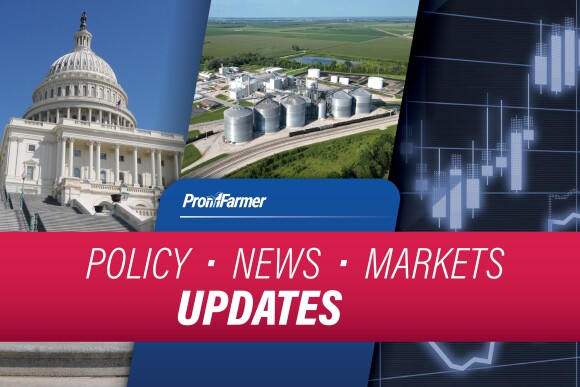Policy Update
The current wave of highly pathogenic avian influenza is no longer behaving like a traditional poultry-only disease. The virus has spread into dozens of species, allowing it to circulate year-round instead of fading after seasonal outbreaks.
In an analysis published yesterday, the American Farm Bureau Federation (AFBF) projects that margins for most of the major U.S. row crops will deteriorate further this marketing year, as producers face elevated input costs and weak export demand.
The United Farm Workers of America (UFW) has filed a lawsuit in the U.S. District Court for the Eastern District of California challenging the Labor Department’s recent interim final rule that revises how wage rates are set for the H‑2A visa program.
Yesterday, President Trump signed an executive order to lift the 40% tariffs imposed in July on certain Brazilian agricultural imports, including beef, coffee, cocoa and fruit.
A new survey by American Bankers Association and Farmer Mac reveals a sharp drop in lender expectations for 2025.
Amid recent trade activity, USDA Deputy Secretary Stephen Vaden signaled this week that major export commitments are changing the calculus for potential domestic farmer assistance.
China has purchased at least 14 cargoes of U.S. soybeans for shipment in December and January—around 840,000 metric tons—marking its largest single buying round of U.S. beans since at least January.
EPA and the Army Corps of Engineers unveiled a revised rule on Monday aimed at clearer permitting and fewer regulatory surprises, such as narrowing which water features fall under federal oversight and confirming exclusions.
New USDA export data show that China has bought only a small fraction of the U.S. soybeans it pledged after last month’s meeting between Donald Trump and Xi Jinping.
Late last night, President Trump signed a congressional funding measure after the House voted to approve it 222-209, ending the record long federal government shutdown.




